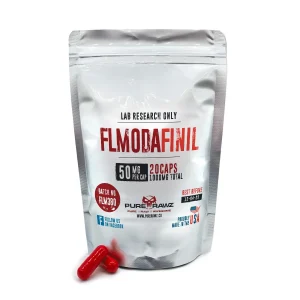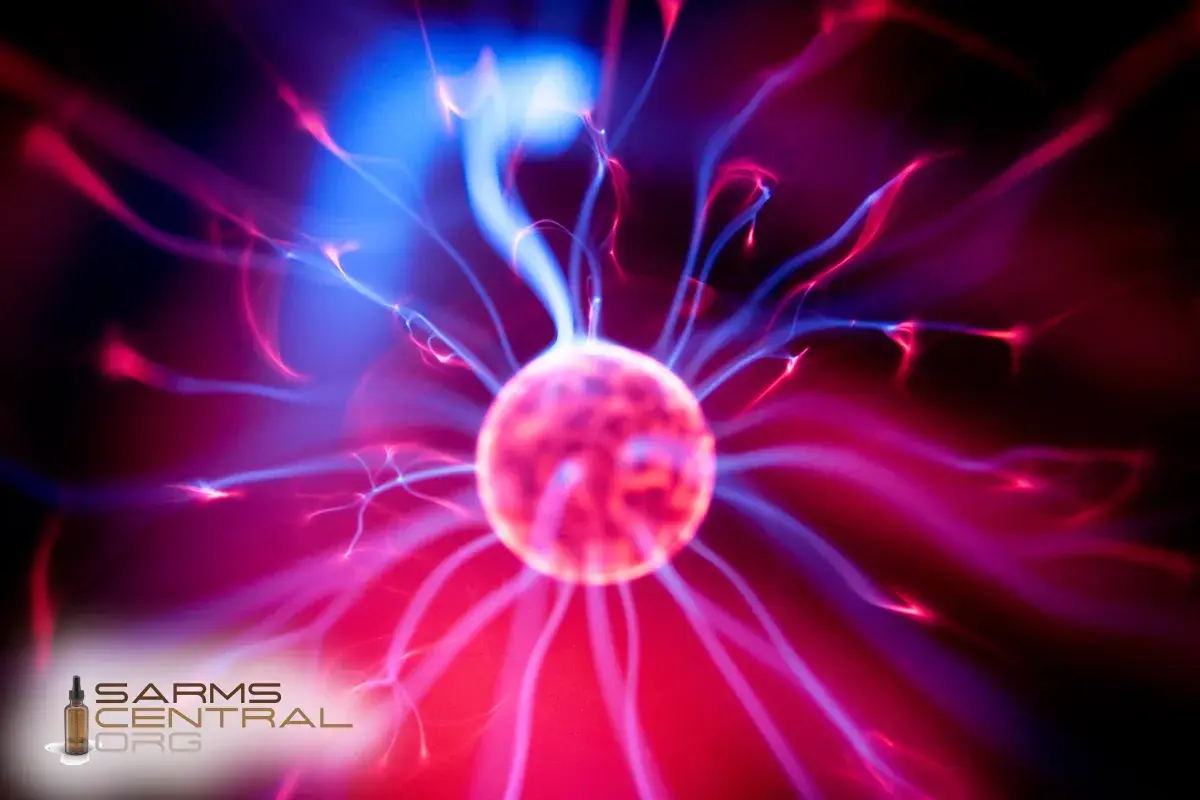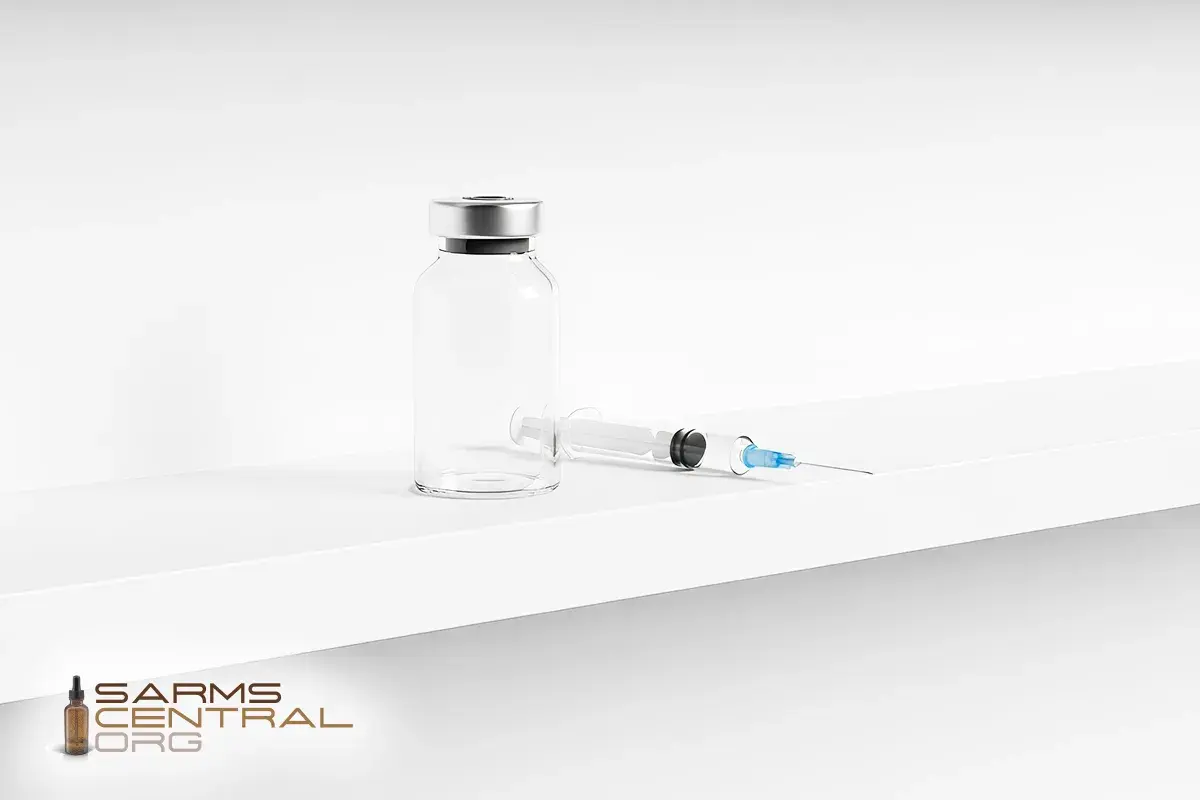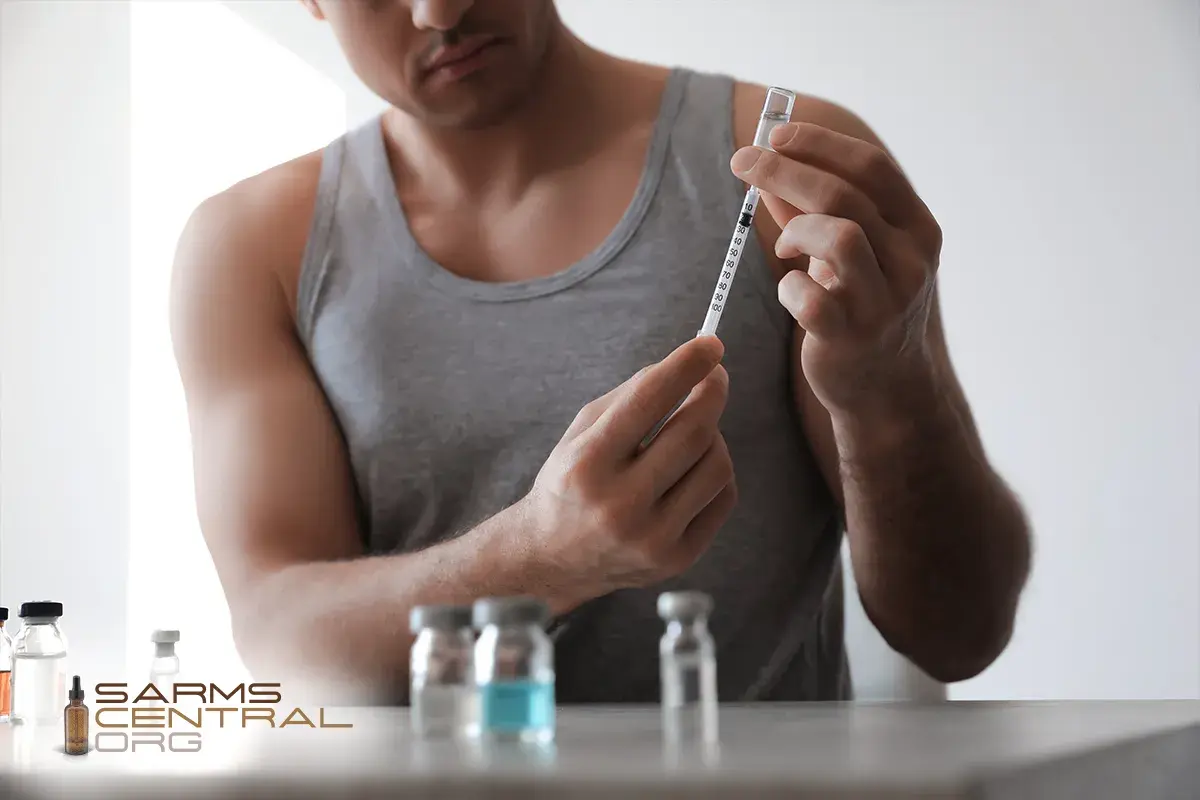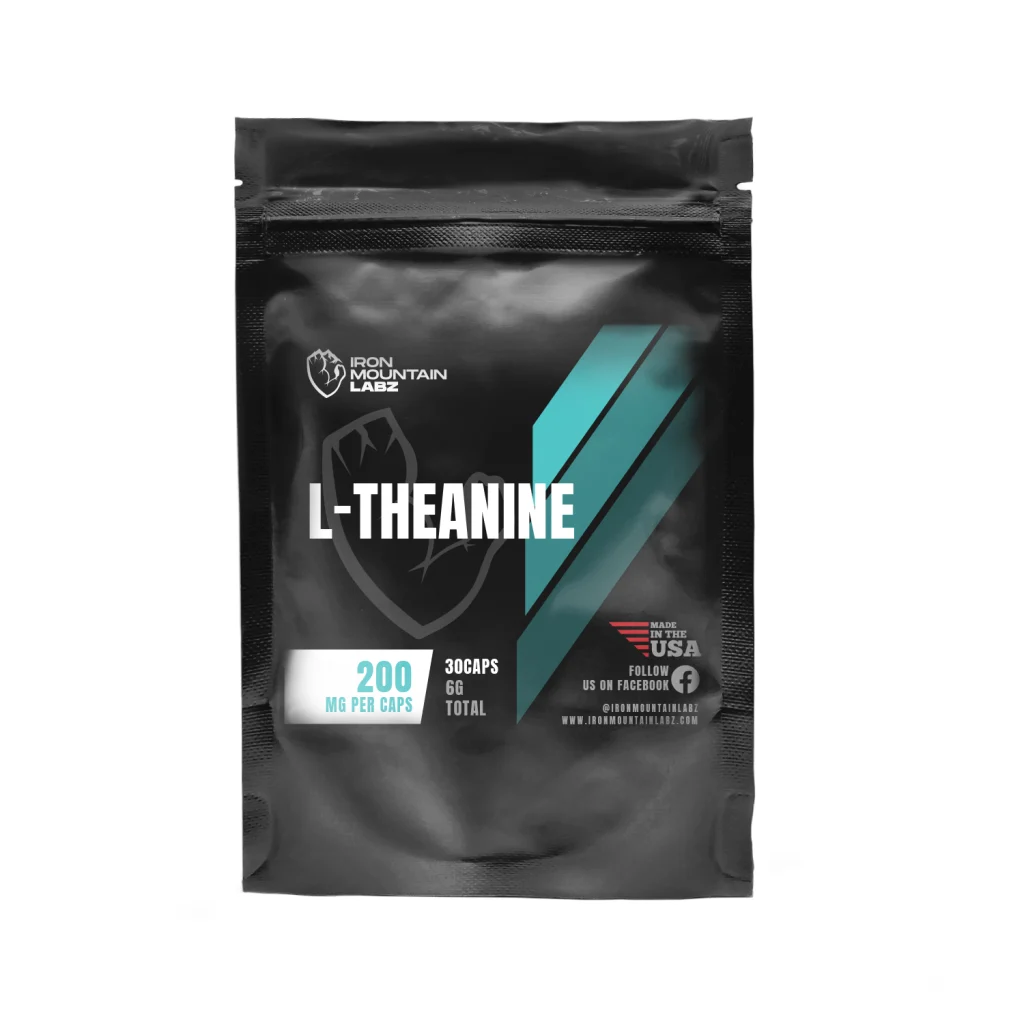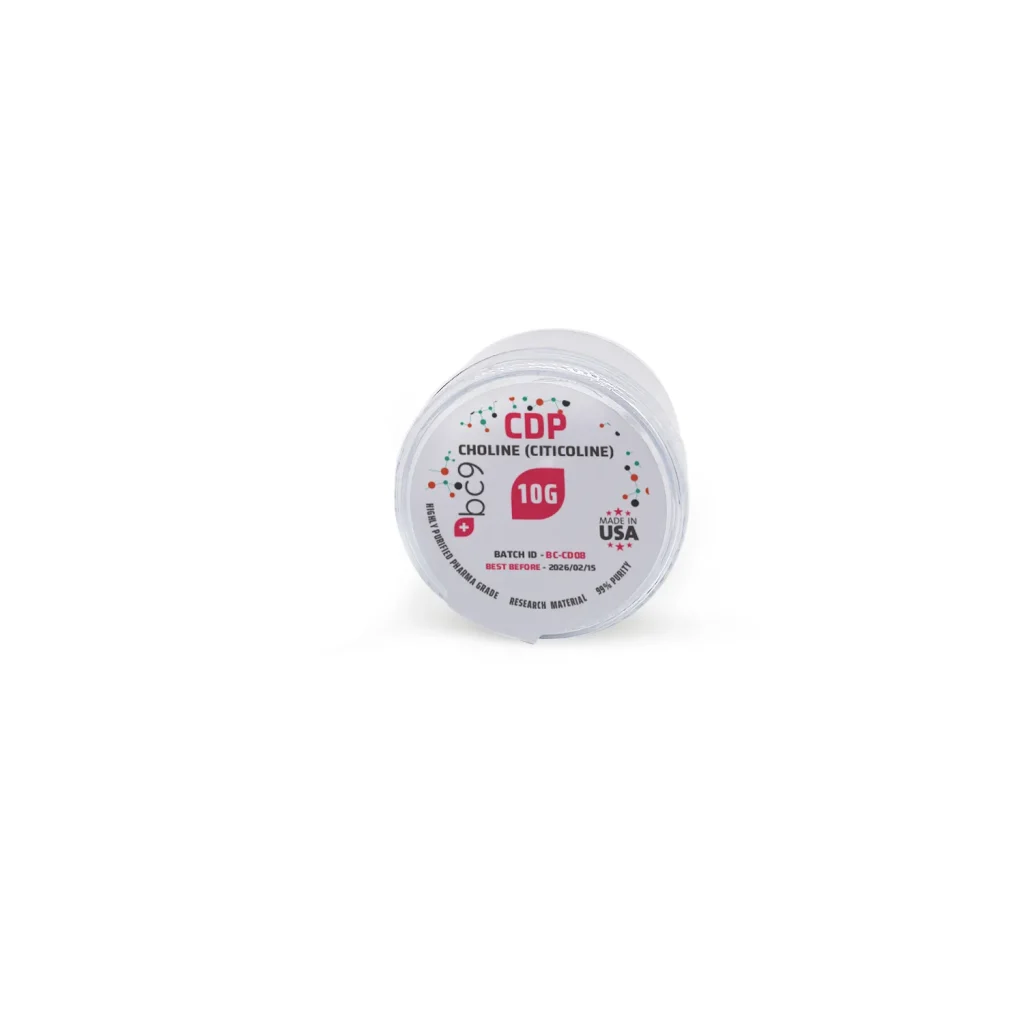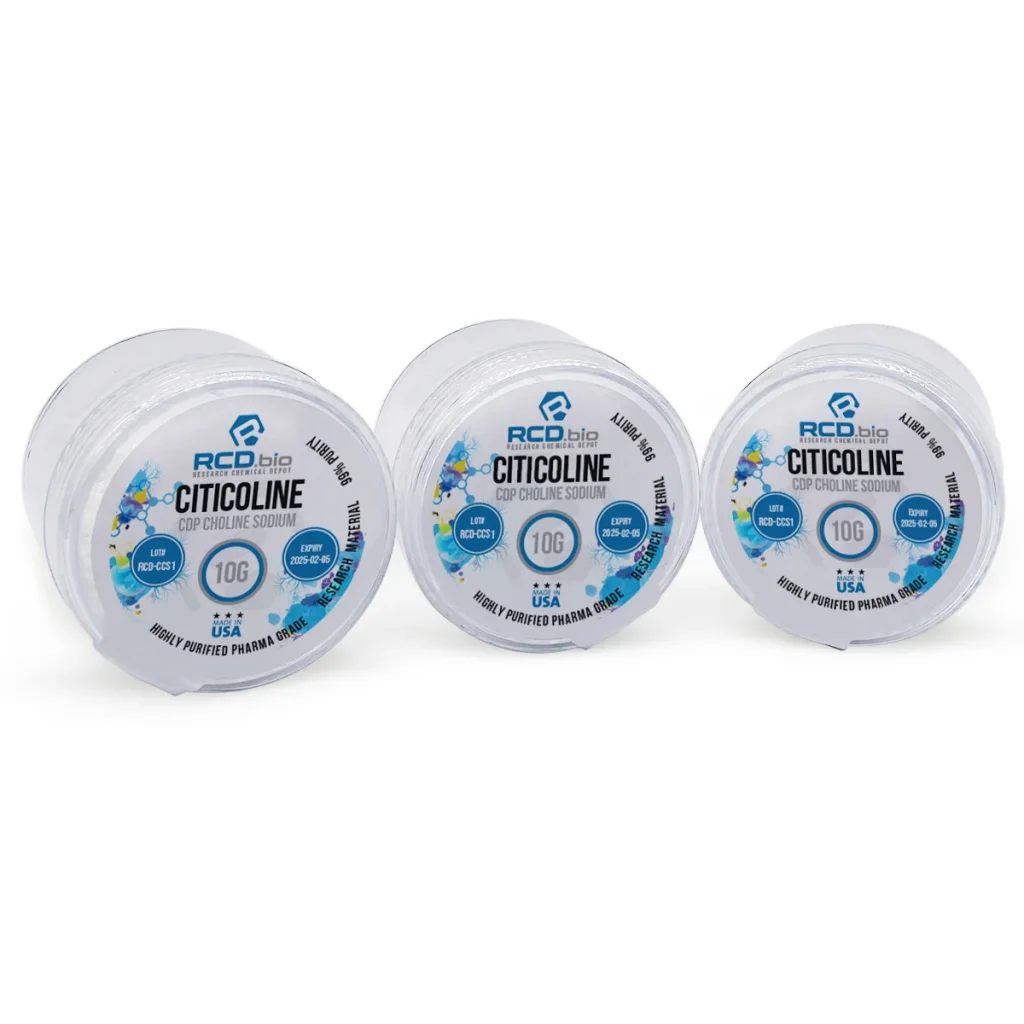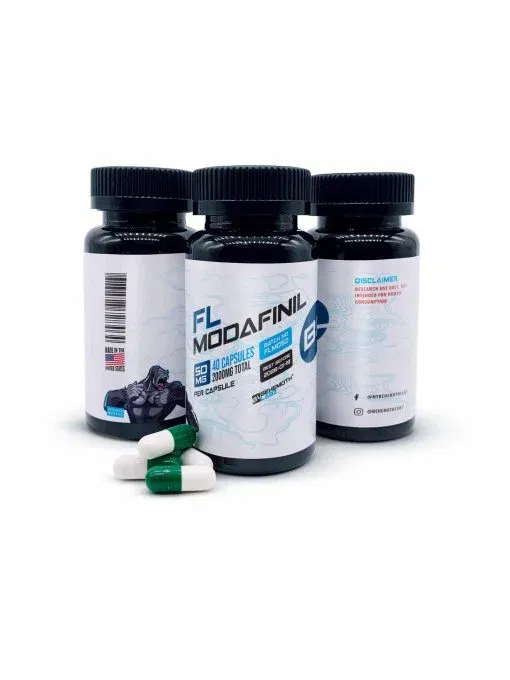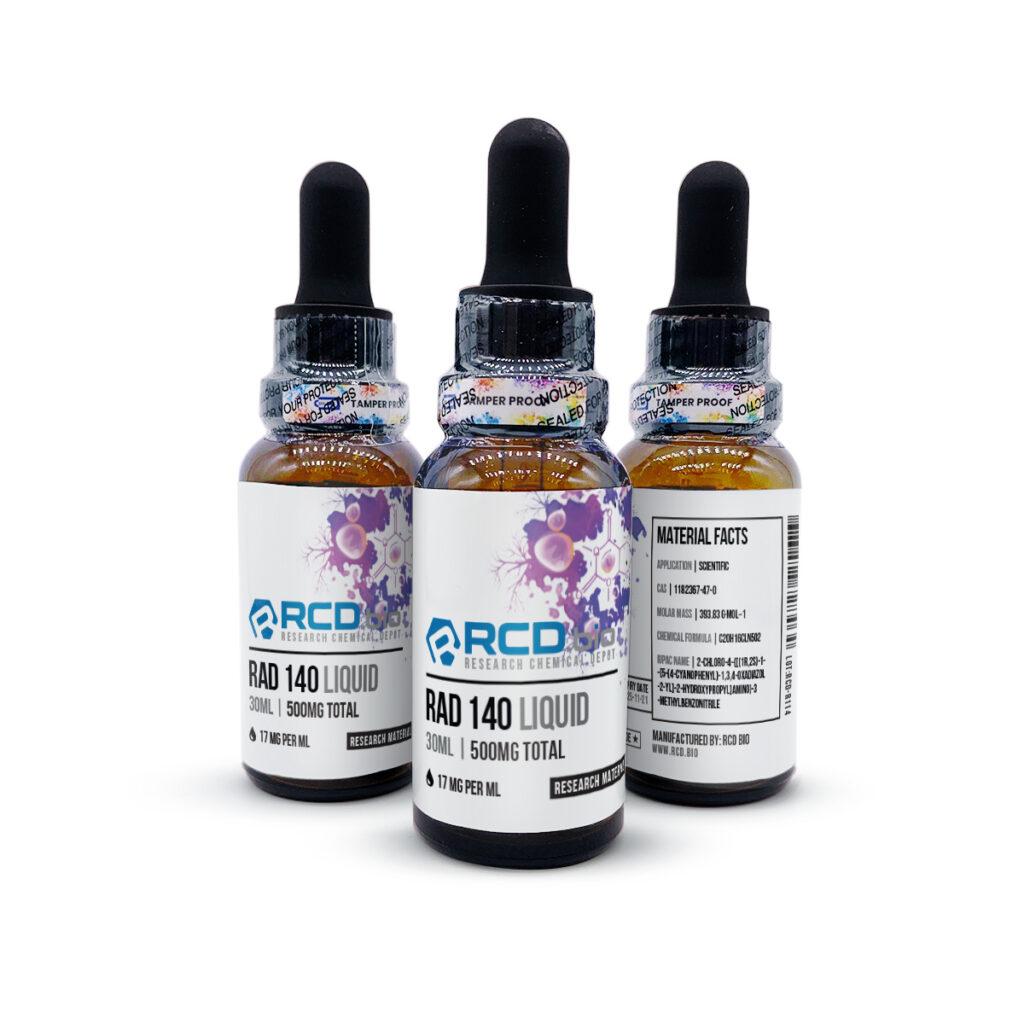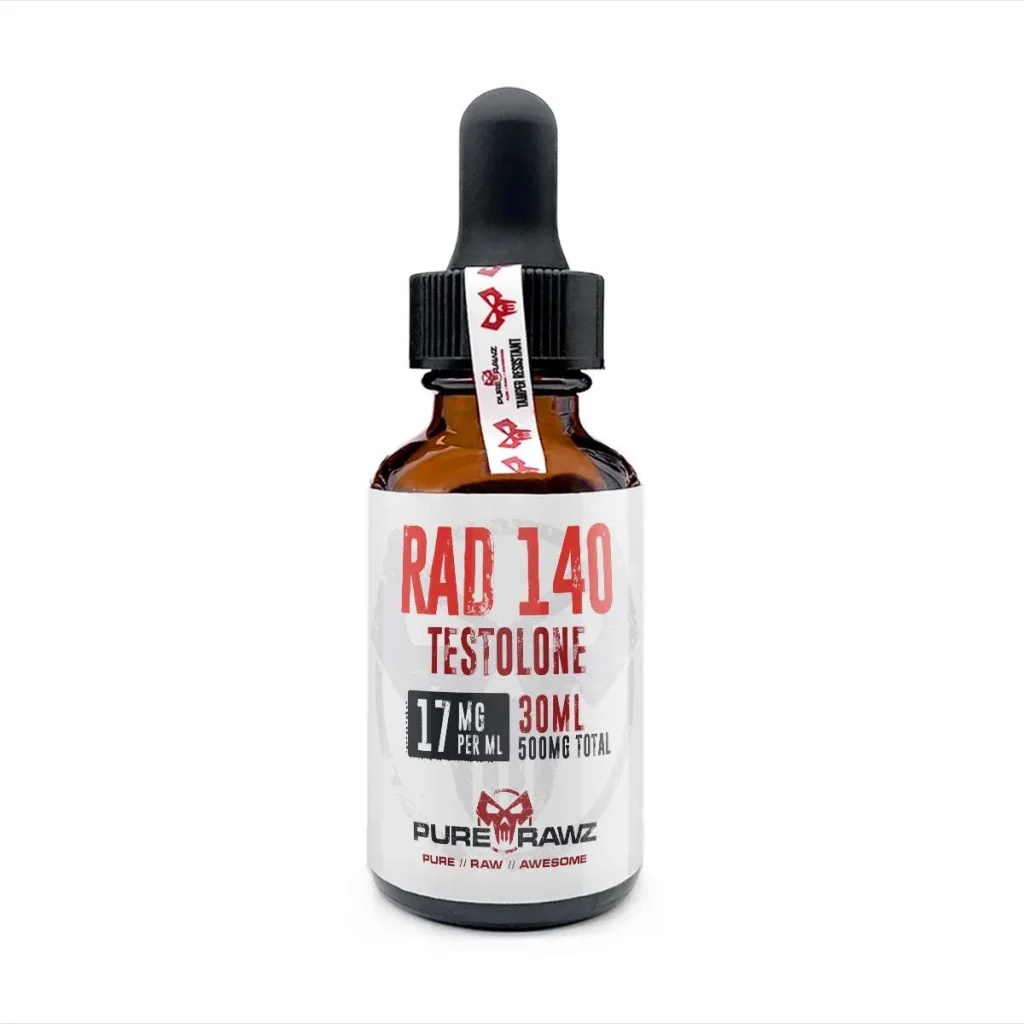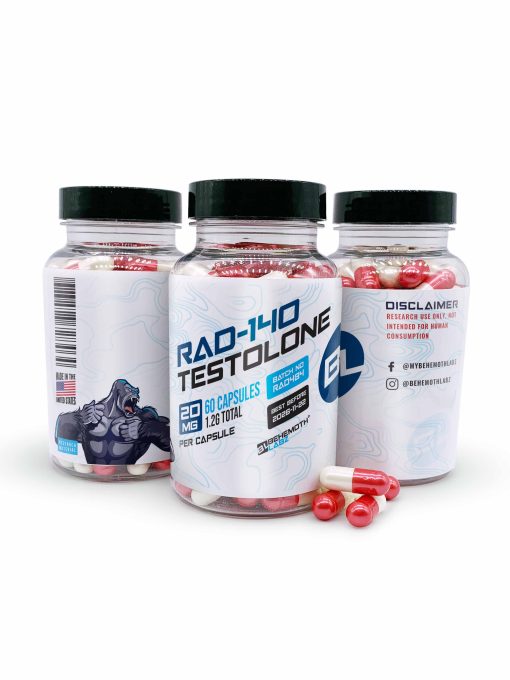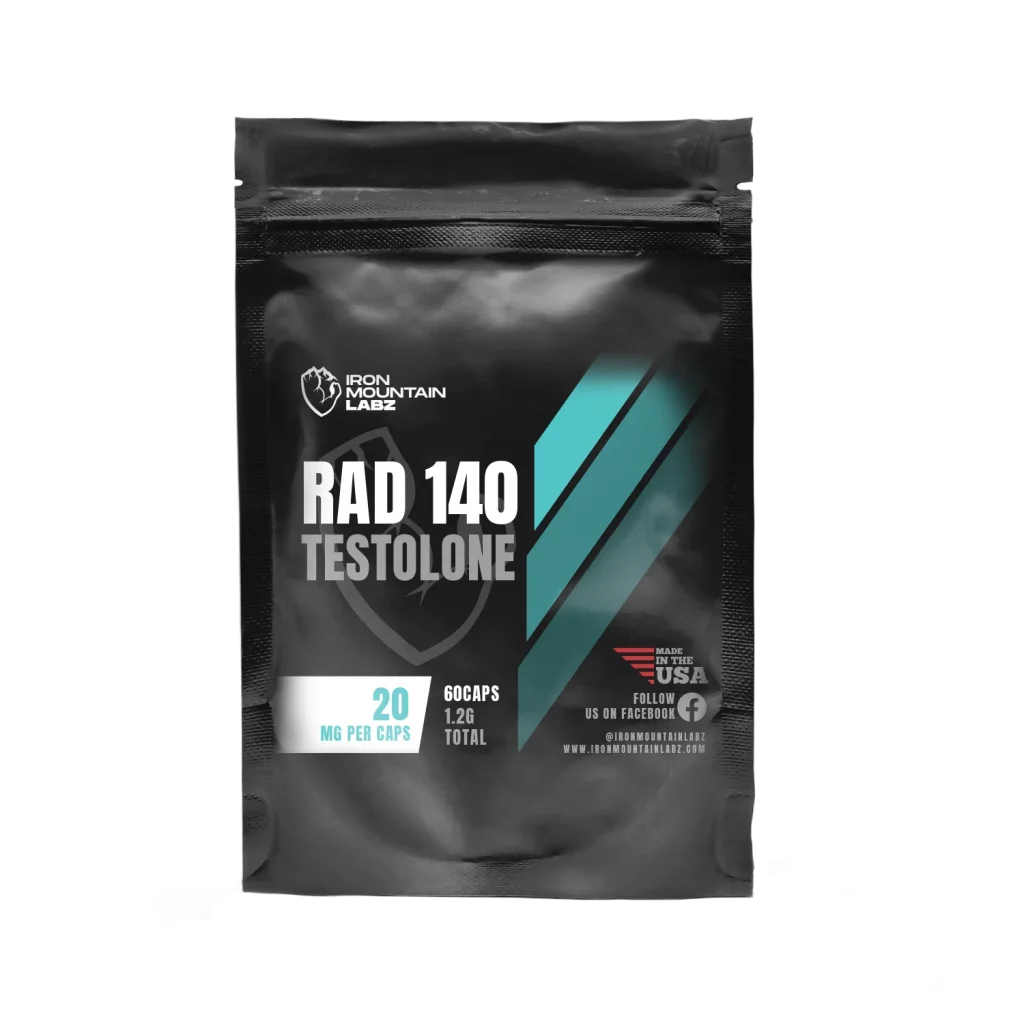ADHD is attention deficit hyperactivity disorder. People with this disease have trouble paying attention. ADHD is a stressful neurological condition that affects millions around the world. It not only affects attention but also eliminates decision-making in the affected. Traditionally, people have resorted to treatments like Adderall and Ritalin to get rid of this disease. These drugs, though effective, often lead to side effects. Therefore, many people are now searching for alternatives. Among these options, nootropics for focus have come up as one of the best solutions for ADHD management. In this article, we will try and explore more about nootropics, their mechanism, and their potential role in supporting individuals with ADHD.
What Are Nootropics?
Nootropics are substances that improve mental functions, including memory, focus, creativity, motivation, and mental clarity. The term first came up in the 1970s. Dr. Corneliu Giurgea was the man who outlined the criteria for any substance to be classified as a nootropic. These characteristics included:
- Ones that increase memory and learning.
- Facilitate brain function under disruptive conditions.
- Protect the brain from chemical and physical injury.
- Improve the efficacy of brain neurons.
- Exhibit minimal side effects and low toxicity.
Nootropics come in various forms:
- ➢ Natural nootropics: (L-theanine, caffeine, ginkgo biloba, and Bacopa monnieri) Some natural compounds also act as adaptogens and nootropics, helping the brain adapt to stress while supporting focus and memory.
- ➢ Synthetic nootropics: (Piracetam and Modafinil)
- ➢ Prescription nootropics: (like Adderall or Ritalin)
What Is ADHD?
ADHD (Attention Deficit Hyperactivity Disorder) is a neurodevelopmental disorder that causes the following damages:
- ➢ Inattention (difficulty focusing, forgetfulness)
- ➢ Hyperactivity (restlessness, excessive movement)
- ➢ Impulsivity (acting without thinking, interrupting)
ADHD affects both children and adults, though symptoms often present differently depending on age. For instance:
- ➢ Children may exhibit hyperactivity and classroom disruption.
- ➢ Adults may struggle with time management, organization, and maintaining relationships.
ADHD is diagnosed through behavioral assessments rather than blood tests or brain scans.
How Do Nootropics Work?
Nootropics function in the brain in a variety of ways. They focus on neurotransmitters, including serotonin, acetylcholine, dopamine, and norepinephrine. All these are linked to ADHD. Some nootropics boost cerebral blood flow. This supports improved brain energy and performance. Some other types of nootropics raise dopamine levels for motivation and focus. Lastly, there are still some others that defend neurons against inflammation and oxidative stress. Nootropics such as Lion’s Mane mushrooms encourage neuroplasticity. Additionally, adaptogens like L-theanine and Rhodiola Rosea are often used in nootropic stacks designed to improve mental endurance by lowering stress and fatigue.
How Can Nootropics Help with ADHD?
While nootropics are not a replacement for professional ADHD treatment, they may provide supplementary benefits or alternative solutions for individuals who do not respond well to stimulant medications. Here’s how:
-
- Enhanced Focus and Attention: Nootropics like Modafinil and L-tyrosine improve attention span by increasing dopamine.
- Boosts Mood:Adaptogens like Ashwagandha or Rhodiola are often studied as nootropics for anxiety, since they help reduce stress and impulsive behavior.
- Improves Working Memory: Racetams such as Aniracetam or Oxiracetam boost short-term memory (often impaired in ADHD).
- Gives Calm Alertness: The combination of L-theanine and caffeine gives a calm and sustained focus.
- Supporting Brain Health Long-Term: Nootropics like Bacopa monnieri and Lion’s Mane reduce symptoms of cognitive decline.
Find The Best Prices For ADHD Nootropics
Benefits of Nootropics for ADHD
The potential benefits of nootropics in ADHD management include:
| Benefit | Description |
| Improved focus | Enhanced concentration without stimulant-like crashes |
| Reduced distractibility | Increased ability to filter out irrelevant stimuli |
| Better emotional regulation | Stabilized mood and lowered stress response |
| Enhanced memory retention | Improved ability to hold and manipulate information |
| Less anxiety and jitteriness | Particularly those used as nootropics for sleep, often have calming properties. |
| Fewer side effects than stimulants | Many nootropics, particularly natural ones, are well-tolerated in proper doses |
Which Nootropics Are Meant for ADHD?
While many nootropics are available, a few have gained attention specifically for ADHD due to their mechanisms and effects.
1. L-Theanine + Caffeine
L-theanine is a natural amino acid with remarkable nootropic properties that offers hope for those seeking mental clarity and emotional balance. It is found naturally in tea. L-theanine combined with caffeine reduces reaction time.
- ➢ Benefits: Promotes “relaxed alertness” without overstimulation.
This combination is also popular among gamers, where it’s used as one of the best nootropics for gaming to improve focus and reduce mental fatigue.
2. Citicoline (CDP-Choline)
Citicoline is a mental booster that fuels your brain with essential nutrients for optimal performance. It is a nootropic that increases acetylcholine and supports dopamine production.
- ➢ Benefits: May improve attention, memory, and mental clarity.
3. L-Tyrosine
L-tyrosine is an amino acid synthesized from phenylalanine. Its beneficial impacts include a relaxed mood, a memory boost, an increased metabolic rate, and enhanced focus in activities. These potential roles are carried out without causing any severe side effects in the body.
- ➢ Benefits: Enhances focus under stress and improves executive function.
4. Rhodiola Rosea
It is an adaptogen that helps the brain adapt to stress. It is a great nootropic that eases the nerve cells in the brain and relaxes the mind.
- ➢ Benefits: Reduces mental fatigue, boosts alertness, and supports emotional balance.
5. Modafinil
Modafinil is a great agent that boosts wakefulness. It is often prescribed off-label for ADHD.
- ➢ Benefits: Enhances executive function, alertness, and impulse control.
6. Bacopa Monnieri
It is an Ayurvedic herb known for cognitive enhancement.
- ➢ Benefits: Improves working memory and processing speed.
7. Omega-3 Fatty Acids
Last but not least, Omega-3 fatty acids are great in treating ADHD. These fatty acids, especially EPA and DHA, have been shown to improve attention and reduce hyperactivity in some children.
- ➢ Benefits: Supports overall brain structure and function.
Side Effects
Although nootropics are often marketed as safe, they still cause certain side effects, including:
- ➢ Disrupted sleep patterns
- ➢ Anxiety
- ➢ Headaches
- ➢ Mood swings
- ➢ Tolerance with long-term use
- ➢ Cognitive performance overstimulation
Some of these effects may also depend on the context, for instance, certain nootropics for motivation can cause overstimulation if dosed too high.
The Future of Nootropics in ADHD Research
The intersection of neuroscience and natural medicine is yielding exciting insights. Nootropics represent a frontier in ADHD treatment research. Ongoing clinical studies explore the efficacy of compounds like L-theanine, magnesium L-threonate, and phosphatidylserine.
Furthermore, the rise of personalized medicine means that future ADHD interventions could include nootropic stacks tailored to an individual’s genetics, neurotransmitter profile, and lifestyle.
Final Thoughts
Nootropics present a compelling adjunctive or alternative approach to managing ADHD, especially for individuals seeking non-stimulant options. While traditional medications remain the gold standard for many, natural and synthetic nootropics may offer targeted support for focus, memory, and impulse control.
However, more rigorous clinical trials are needed to determine the efficacy and safety of nootropics in ADHD treatment. Until then, researchers, clinicians, and individuals must weigh the benefits and risks carefully.
FAQs
Which Nootropics Are Not Safe With Antidepressants?
- ➢ Modafinil or Adrafinil
- ➢ Yohimbine
- ➢ Oxytriptan
- ➢ SAM-e
- ➢ Phenibut
For more detailed guidance, see this breakdown of nootropics with antidepressants, as some combinations may lead to unwanted interactions.
What are the common treatments for ADHD?
Common ways to treat ADHD are cognitive behavioral therapy, prescription medication, psychotherapy, and alternative natural solutions.
What is the ideal dosage of Citicoline for cognitive enhancement?
While individual responses may vary, a recommended dose ranges from 250mg to 500mg daily. It’s essential to start with a lower dose and gradually increase it as needed while monitoring how your body responds. Remember, consistency is vital when reaping the full benefits of this powerful nootropic.
Can modafinil be addictive?
Modafinil is not designated as a traditional stimulant and has a lower chance of addiction compared to drugs like Adderall. You must use modafinil responsibly and avoid exceeding recommended dosages. This will minimize the risk of developing a dependency.
What is the most powerful herb for ADHD?
The white maeng da kratom powder is considered to be the most effective kratom strain for ADHD.

